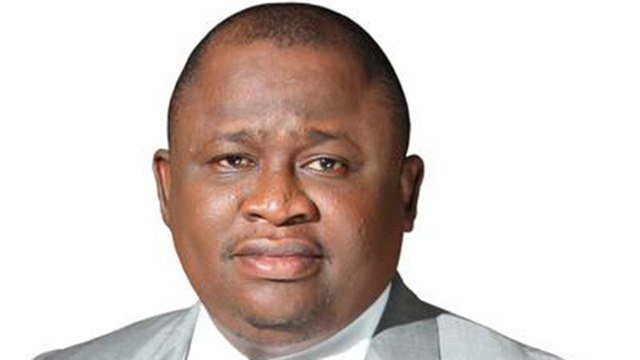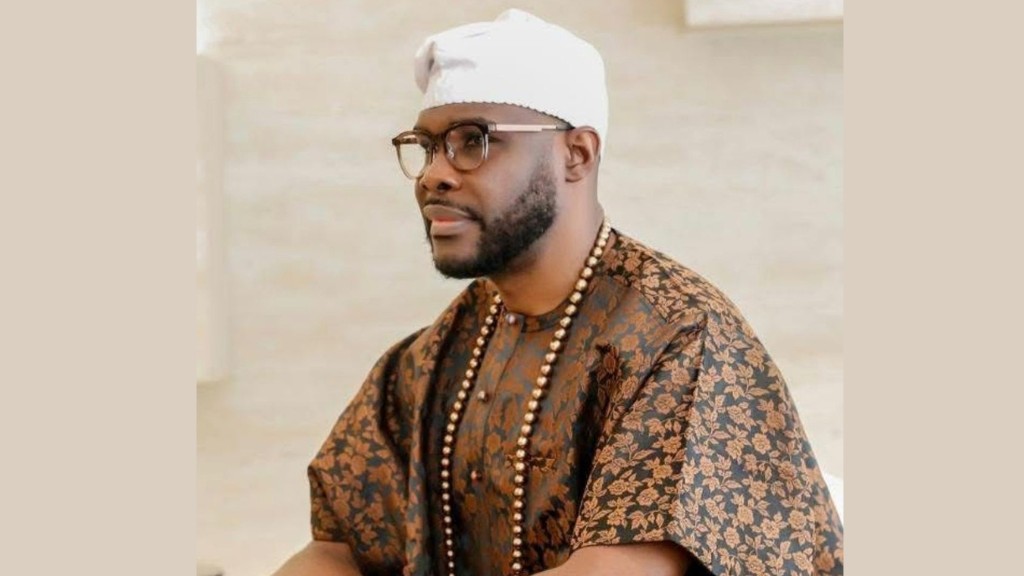 Sir: Nigeria, with its rich cultural diversity and vibrant society, faces a significant challenge in its educational sector – poor infrastructure. The state of educational infrastructure in Nigeria has been a longstanding concern, impacting the quality of education and the nation’s overall development. This aims to shed light on the critical issues surrounding the poor infrastructure in Nigerian education and its far-reaching consequences.
Sir: Nigeria, with its rich cultural diversity and vibrant society, faces a significant challenge in its educational sector – poor infrastructure. The state of educational infrastructure in Nigeria has been a longstanding concern, impacting the quality of education and the nation’s overall development. This aims to shed light on the critical issues surrounding the poor infrastructure in Nigerian education and its far-reaching consequences.
One of the most glaring issues is the dilapidated state of school buildings. Many educational institutions across the country lack proper maintenance, leading to crumbling structures that endanger the safety of students and staff. From inadequate classrooms to collapsing roofs, these physical conditions hinder the learning environment.
Access to quality learning materials is another major challenge. Outdated textbooks, limited laboratory equipment, and insufficient resources hinder the development of a practical and well-rounded education. This inadequacy directly impacts the effectiveness of teaching and the ability of students to grasp essential concepts.
Overcrowded classrooms are a pervasive issue in Nigeria. With a rapidly growing population, many schools find it challenging to accommodate the increasing number of students. This leads to a teacher-student ratio that is detrimental to personalised learning and often results in a lack of individual attention for students.
The 21st century demands a technologically advanced educational system, but Nigeria struggles with inadequate technological infrastructure in schools. Limited access to computers, the internet, and other educational technologies places Nigerian students at a disadvantage in a world increasingly driven by digital literacy.
The poor state of educational infrastructure is closely tied to underfunding. Budgetary allocations to education have often fallen short of meeting the sector’s needs. This lack of financial support hampers efforts to address infrastructure deficiencies and invest in the professional development of educators.
The consequences of poor infrastructure in Nigerian education are far-reaching. Students face challenges in achieving their full academic potential, and the nation grapples with a growing skills gap that affects its global competitiveness. Moreover, the lack of quality education infrastructure perpetuates social and economic inequalities.
Addressing the poor infrastructure in Nigerian education requires a multi-faceted approach. Increased government investment in education, strategic partnerships with private organisations, and community involvement can contribute to sustainable solutions. Prioritising infrastructure development, teacher training programmes, and adopting modern teaching methodologies are crucial steps toward transforming the education landscape in Nigeria.
The poor state of infrastructure in Nigerian education is a pressing issue that demands immediate attention and concerted efforts from policymakers, educators, and the community. By investing in the future of education, Nigeria can unlock the full potential of its youth, fostering a generation capable of driving innovation, economic growth, and positive societal change.
Favour Oluchukwu Ezeokafor is of the Department of Mass Communication, University of Maiduguri.






